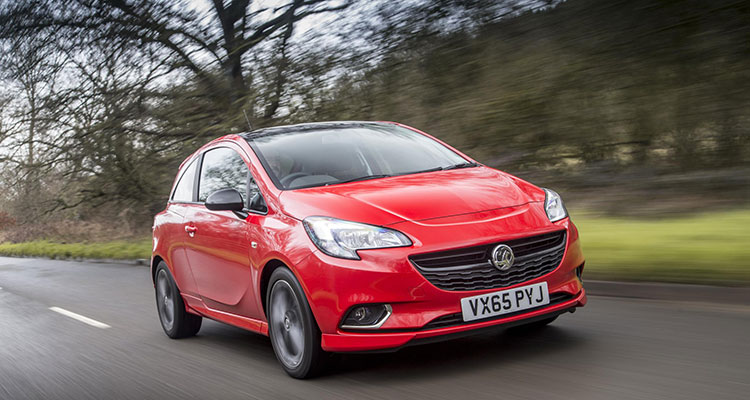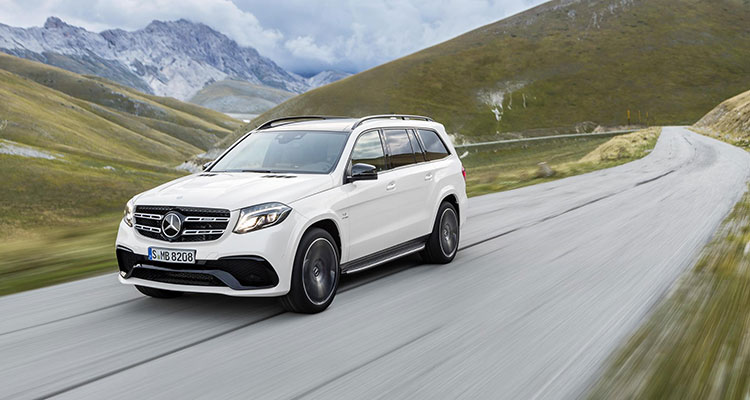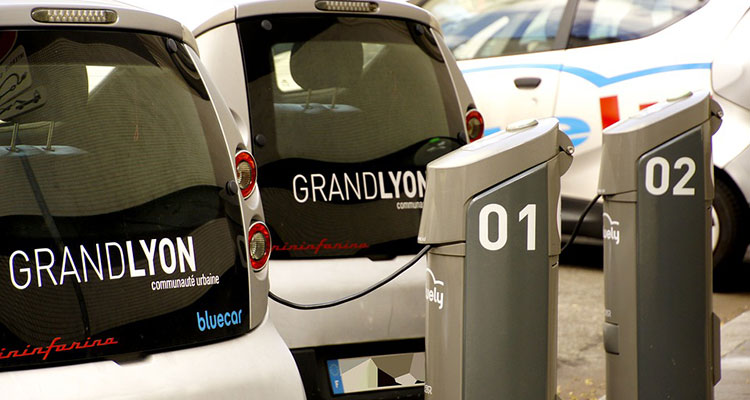If you haven’t already heard, buying a diesel car in the UK is now the equivalent of buying a house next to a waking volcano. Unfortunately diesels are doomed due to an onslaught of government regulations and an ever-growing stigma against them. If you recently bought one, in the past 2 years or so, you may find yourself regretting it in the near future, and here’s why.
Clean Air Zones are coming soon!
Cities such as Birmingham, Derby, Leeds, Southampton and Nottingham are planning to introduce a £10-a-day toll for anyone driving a diesel car that’s older than 2 years.

These “Clean Air Zones” are planned to be set up in some areas of these cities by 2019 and it might not stop there, other city and town councils could jump on the bandwagon and take similar action. So if you recently bought a diesel that was made before 2015, you could be in the line of fire.
Parking is becoming more expensive for diesels as well.

If you own a diesel in Islington and have a parking permit, it will now cost £96 more each year to park outside your own house. This even includes electric-diesel hybrids!
However, it’s not just Islington:
- Marylebone, London: Diesels older than 2015 will be charged 50% extra to park
- Westminster, London: Plan to impose an extra £2.45/hour for diesels greater than 2 years old
- Islington, London: Also plan to charge all diesels an extra £2/hour for parking
These are just the ones we could find, but there may be more areas due to be affected soon. Although it’s looking like these new parking rules are focussed in London, don’t assume that city and town councils all over the UK won’t follow suit soon.

Also, as of May this year, MOT’s are getting stricter for diesel cars. If your car has a particulate filter and it emits any visible smoke, you’ll fail with a major fault. A small amount of smoke is quite common for many diesel cars, so you may want to look into this before your next MOT.
Another worrying thing…
Toyota, the Japanese car giant, has recently announced they’re completely stopping sales of new diesel cars in the UK by the end of 2018.

Volvo and Jaguar have also made it clear that they want to stop selling diesel cars by 2019 and 2020 respectively, with Porsche already stopping production and new sales.
This is likely just the beginning of what will soon be a fully fledged diesel boycott by most major car manufacturers.
This doesn’t sound like such an issue but the main concern is that this is just more bad press for diesel cars, with society as a whole is slowly supporting them less and less.
If it so happens that you haven’t bought a diesel in the past 2 years, but are still planning to, know that you could be charged £500 if you buy a new diesel after April 2018 that emits between 171 and 225 g/km CO2.

This includes popular SUVs and 4x4s such as the Audi SQ7 and RS6, Ranger Rover Sport 3.0-litre SDV6, Toyota Land Cruiser and Mercedes GLS. However, even if you don’t buy a large diesel car, you’re still going to find yourself paying more for that first year of road tax. Cars that produce 130 to 150 g/km CO2 will be charged £300 extra in the first year and any car above 75g/km CO2 will be charged at least an extra £100.
Although this sounds scary, it’s not as bad as you think as this is a one-time charge only for new diesels registered after this April.
Even with all this going on, diesel cars can still be very viable options for some motorists. If you do a lot of long distance travelling on the motorway, they can save you loads of money on fuel. On the other hand, if you live in a large town or city and generally do more urban driving, a petrol or petrol-electric hybrid car may be better suited to you.

This could just be the beginning of punishing rules and regulations for diesel owners. Even though they pollute less CO2, they pollute more NO2 (nitrogen dioxide) which has been linked to respiratory health issues and even premature death. Governing bodies are now trying to reduce NO2 levels with diesel cars directly in their sights. Let us know your thoughts on what the fate of diesel cars will be.
For more articles like this, receive our weekly e-newsletter, including partner deals and all things motoring, register your email below.
Please note: You cannot subscribe to Smart-Motoring unless you put a tick in the checkbox below to indicate have read and agreed to our privacy policy.



